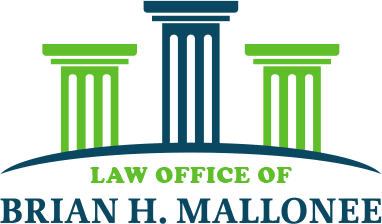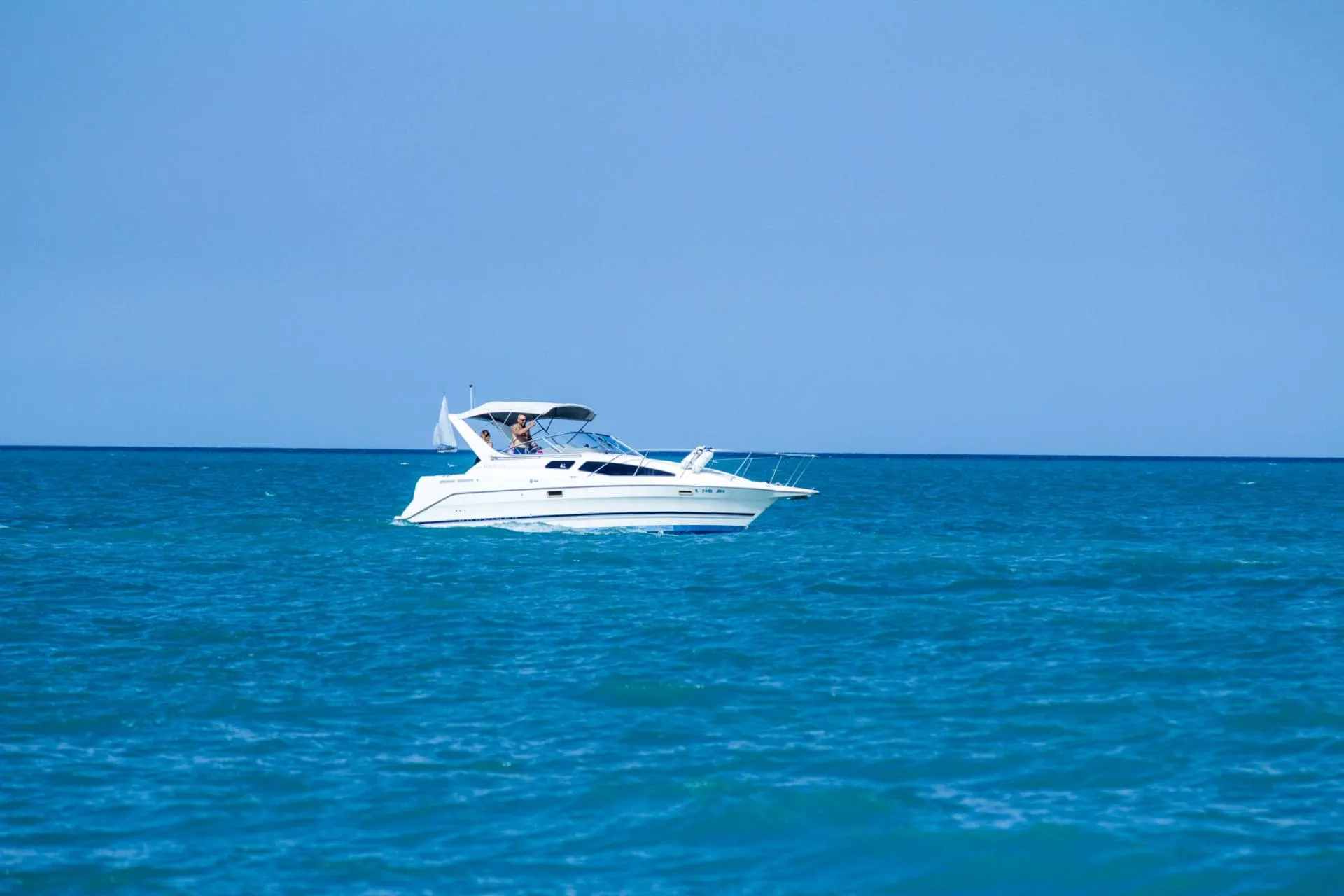July 2, 2021
Are you being charged with Boating Under the Influence?
Most folks will wait until they arrive to their celebration destination before popping that first beer this Fourth of July weekend. While it is against the law to operate a motor vehicle in Florida with an open container of alcohol, if you plan to travel by boat or host a party aboard your vessel, it is not illegal for the operator to be drinking an alcoholic beverage. It is, however, illegal to drive a boat while drunk.
From miles of pristine coastline to thousands of lakes and waterways, there are a plethora of places in Florida to enjoy time on a boat. When the sun is shining and the sky is clear, people like to head out on the water, often bringing along alcoholic beverages. Drinking and boating is generally a socially accepted practice. While it is not illegal to consume alcohol on a boat, it is against the law to operate a vessel while under the influence of intoxicating liquor or drugs. Under Florida law, Florida Statute Section 327.35(1), a BUI arrest can occur when either your blood alcohol concentration (BAC) is .08% or higher, or the law enforcement officer suspects that your normal faculties are impaired due to intoxication or drug impairment.
Alcohol can affect you differently on the water than on dry land for many reasons. It can be harder for you to realize you are impaired, until it is too late. The problem of drug or alcohol impairment is intensified for operators of boats because they are typically less experienced on the water than driving a vehicle therefore lacking confidence in their abilities. The lack of boating experience, combined with distractions that can occur while boating, such as bad weather, other boaters, and seasickness can intensify the effects of drugs or alcohol while boating. A boat operator’s impairment can be intensified by the marine environment, including wave action, vibration of the motor, wind, sun, and engine noise.
When out on the water, you should be prepared to be stopped at any time. Law Enforcement Agencies are allowed to stop you without probable cause to perform a random inspection and safety check. If you are showing signs of intoxication or impairment, the officer can ask the operator of the boat to perform a breath test. Just like when you drive a car with a valid license, you have already consented to a breathalyzer test. This implied consent law means that if you are stopped while boating and you are asked to take a breath test, you can face consequences for refusing. You are not however required by law to submit to field sobriety exercises. Law Enforcement may not need probable cause to stop you for a random check, however, they do still need probable cause to search your boat. If you have been stopped for a suspected BUI, the law enforcement agency must have probable cause of the crime. Often law enforcement officers that investigate a BUI case must make a judgment call about whether to arrest a boater. When making these difficult judgment calls, law enforcement officers often make mistakes.
The potential consequences for receiving a DUI on a boat depend on the actual charge you are being accused of, if it is your first time being charged with a BUI and whether there was any property damage or bodily injury caused. If you are being charged with a BUI you are facing fines, probation, and jail time.
Local, state and federal law enforcement agencies will have an increased presence on the water this holiday weekend, and boaters should be prepared for routine safety inspections.
If you were stopped while boating and charged with a BUI in Martin, St. Lucie, Indian River or Okeechobee County, contact the Law Office of Brian H. Mallonee at (772) 464-1991.
Please review our case results to see the outcome of our most recent Boating Under the Influence (BUI) case.
Schedule A Free Consulation
LIKE THIS BLOG POST? SHARE IT WITH THE WORLD

